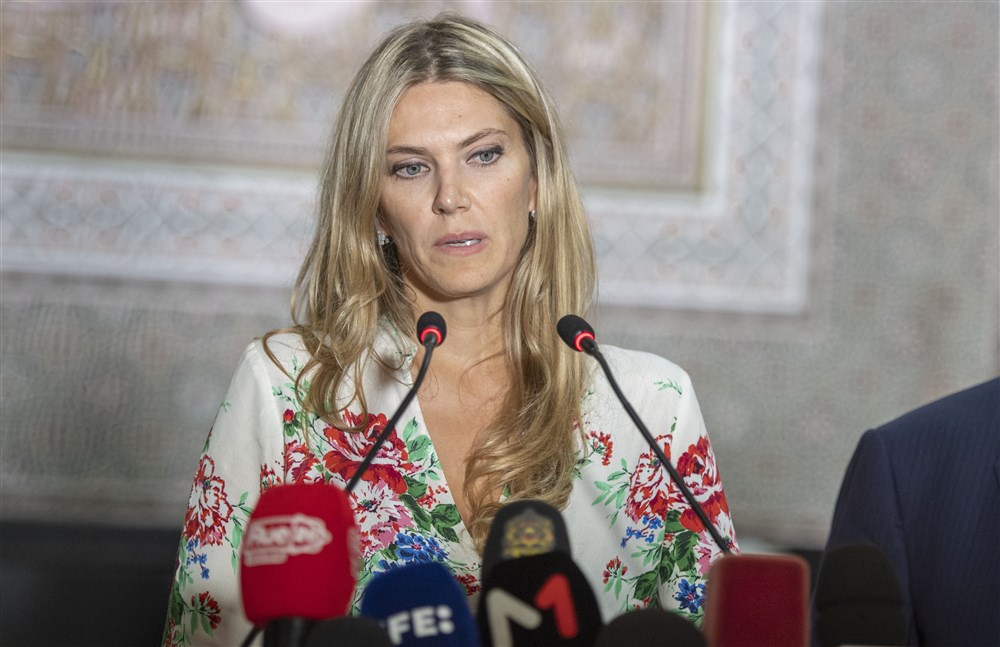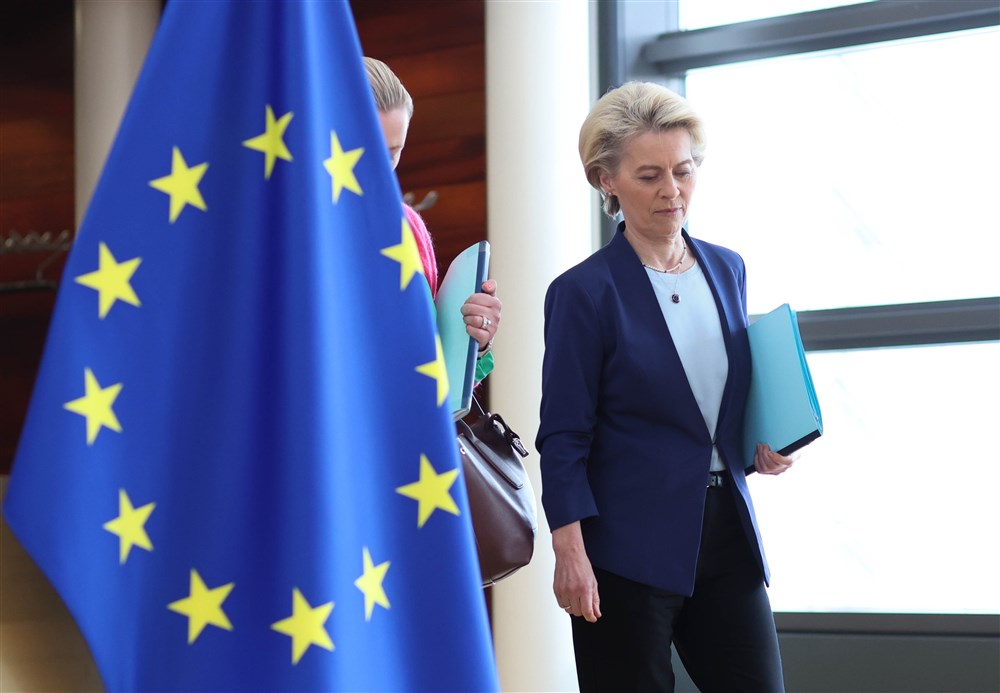European war ships need to be patrolling the Taiwan Strait due to increasing Chinese assertiveness, the EU’s chief diplomat has announced. But making that a reality faces two key obstacles.
The EU doesn’t have a collective navy it can deploy. Neither does the EU or Josep Borrell have any executive or legislative powers to direct one of the EU’s 27 countries to send its navy. In short—as with any deployment of European military assets—if Borrell wants action, it needs a member country’s navy to do him a favour.
“Borrell has no ability to make such a commitment or suggestion,” Anatol Lieven, director of the Eurasia Program at the Quincy Institute for Responsible Statecraft, tells the Brussels Signal. “It would have to be a volunteer country from the EU, which would then mean it wouldn’t actually be an EU force but a coalition of the willing. This is a symbolic proposal for a symbolic deployment.”
Lieven says the fact that Borrell’s statement contains a degree of ambiguity and can be interpreted as both showing solidarity with the US while also dovetailing with French President Emmanuel Macron’s recent calls for a more robust European global presence not beholden to the US is likely intentional. It might also seek to act as a diplomatic semaphore, signalling to the Chinese the potential economic fallout of military action against Taiwan. In terms of actually sending ships, there is the additional problem that even if any European country were to volunteer, the number of ships would be “insignificant” and totally “dependant”—especially for air cover—on the US.
“I call on European navies to patrol the Taiwan Strait to show Europe’s commitment to freedom of navigation in this absolutely crucial area,” Borrell said in an opinion piece published 22 April in the French weekly Journal Du Dimanche. The call followed similar comments he made during the opening address in Strasbourg on 18 April when EU leaders met to discuss Europe-China relations.
“Taiwan is crucial for Europe” and “clearly part of our geo-strategic perimeter,” Borrell told EU officials, including EC President Ursula von der Leyen, adding that the strait is the “most strategic in the world, particularly where trade is concerned.” Hence it is “not just for moral, ethical reasons that we should reject any external interference in the affairs of Taiwan, it’ll be very serious for us economically.” He highlighted Taiwan’s crucial role in making high-tech semiconductors.
China recently conducted three days of military exercises by sea and air around Taiwan and the strait, simulating a blockade of the island. China views the island as Chinese territory and has made it clear that it aims to eventually reunify it with the Chinese mainland one way or the other.
Borrell’s comments on China and Taiwan follow Macron’s controversial visit to China earlier this month. Macron suggested that Europe needs to be more autonomous on the global stage and must not simply follow the United States, even including the latter’s policy to protect Taiwan’s autonomy. Macron has previously called for a standalone collective European military.
“That’s never going to happen, unless the US collapses or totally withdraws into itself,” says Lieven, adding that Poland and the Baltic States are never going accept a new European force that would “challenge” the role of Nato which ultimately “guarantees Europe’s security.”
“Europe is still host to the world’s most destructive conventional conflict since the Korean War and the most destructive the Continent has faced since World War II”, says Daniel DePetris, a fellow at Defense Priorities, a foreign policy organisation focused on promoting a realistic grand strategy to ensure US security. “The best course of action for Europe as a whole is to, in fact, stay in Europe, build its conventional militaries, reform its defence-industrial base, and begin taking core ownership of its own affairs.”
Furthermore: “And the US must allow Europe to do all of these things without getting in the way.”





